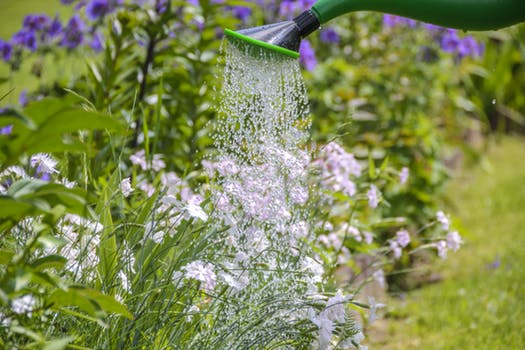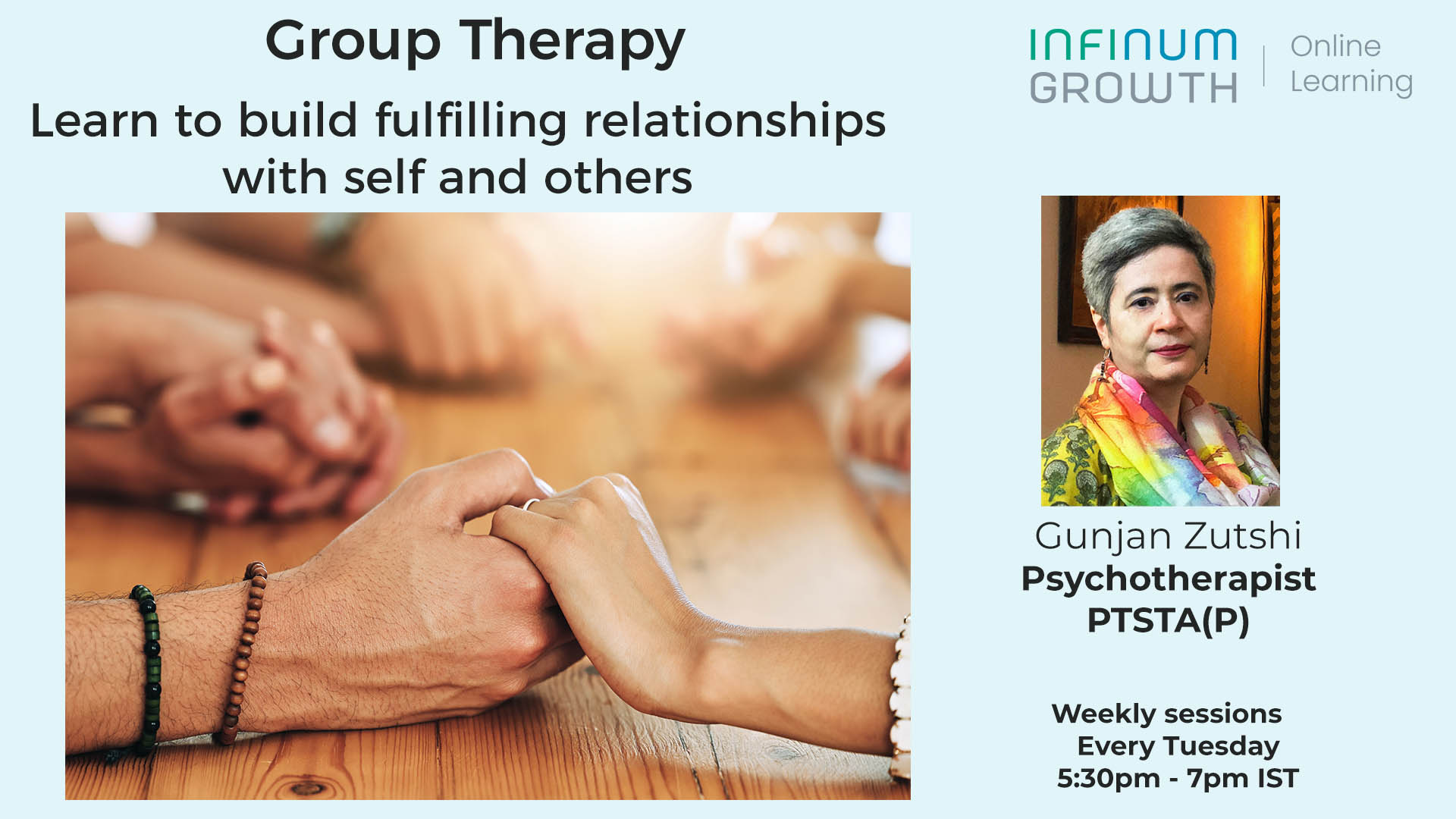Last Monday, my organization gifted me something unexpected; an indoor plant. This was to welcome me to the new office location, to which I had just shifted that day. Though I have never taken any interest in plants or gardening, I found this gift very heart warming. Hence, I put it on my desk, as I decorated my new cubicle at the new office.
I watered this plant the first 2 days and it stood with its head held high. Thanks to my job, which needs me to work often from another office location, I didn’t get to water this plant for the next 2 days. So, when I came back to this office that Friday, I noticed that this plant had withered. It looked as if it was tired of whimpering and had given up its hope.
I did feel sad for this plant. Hence, I quickly tried to control the damage by pouring some water. However, I had concluded that I was wasting my time and effort in trying to get this plant back to life.
After a couple of meetings, when I got back to my desk post 2 hours, I was amazed to see that the plant was looking alive; and when I came back this Monday, I saw a couple of shredded leaves fallen near the plant, but, the plant looked so fresh and happy.
For me, this was a powerful lesson from a humble plant.
I see all of us as that plant; withering and whimpering at times, when we don’t get the nurturing that we need. However, we are different from that plant. We can give that water to nurture ourselves.
We can bring ourselves back to life; if only we knew how!
Guilt as a common form of expression
In my experience as a corporate professional, a mental health/diversity & inclusion proponent, I have observed that, our ability to nurture ourselves gets blocked, whenever we get consumed by this poison called guilt.
In the last 3 months, how many times have you told yourself one of the following?
“I wish I had not done this”, “I wish I had done this better/differently”, “Why am I acting like this?”, “Why am I not good enough/smart/beautiful/successful?”, “I deserve this bad experience, because I am a bad person” “OMG! How could I do this?” and many lines like these….
Let me share three common examples that I have come across often.
- In an office meeting, a woman team member starts to share her questions/inputs/thoughts by saying “ I am sorry for asking this basic question” “I have an idea. But, I am not sure whether it makes sense…so, is it ok if I share?” (I am specifically calling out the gender of the person as woman, since they give these disclaimers more often than men)
- All genders apologising for crying in front of people in social/professional/intimate circle and saying, “I am sorry for being so emotional”
- A homemaker woman feeling sorry for not being “useful” in earning for the family. An earning woman, feeling sorry for not being “useful”, in being available for the family all the time.
The impact of unwarranted guilt
Though all of us experience guilt from time to time, some of us seem to be more guilt prone than others.
The multiple opportunities I have had, to observe the way men and women carry their guilt, has made me pick up the insight that, as a gender, women seem to be more expressive about the guilt they carry than men; specifically, heterosexual men.
That has made me conclude that women carry more guilt than men. Just a simple google search on this will show you that many studies and researches have proven this seemingly unfair fact.
Interestingly these thoughts would only increase the emotional baggage you are carrying. Hence, if there are 5 things about guilt that I have picked up, it would be:
- Momentary guilt may push us to be more cautious and prepare us to give our best. But, the longer we feel it, the more it impacts us negatively.
- As a feeling, guilt is useless. It doesn’t add any value to us.
- Feeling guilty is not equivalent to “deserving” guilt or bad experience.
- Guilt can make us discount ourselves, without our knowing about it.
- Guilt usually covers up another deep real emotion we are feeling, without our realising it. (Sadness/Disappointment/Frustration/Anger)
Removing the feeling of Guilt by pouring self-love
With all the social, cultural and gender conditioning which makes some of us more prone to guilt, how can we deal with this? How do we allow ourselves to save us from the eternal black hole that guilt can drag us in to? Here are some ways
- Start giving ourselves permissions to make mistakes and learn from them.(“Its ok to make a mistake and learn from it.”)
- Affirm positive messages to ourselves with love. (“I am good enough”, “I am ok as I am”)
- Instead of carrying the guilt religiously, ask ourselves, “Why am I feeling this way? What can be done about it? So, what? What would be different, if I don’t carry this guilt? How can I make that happen?”
- Work more with the circle of what we can do (circle of influence), rather than worrying about things that we can’t do. (circle of concern)
- Share our feeling with someone we trust.
- Remind ourselves, “This guilt is useless. I don’t deserve to carry this guilt. I deserve to be happy”
I do wish all of us had some nurturing souls around us, to water us when our guilt drains us. But, we have the ability to drench ourselves.
So, why not pour a lot of gorgeous self-love?
Please do leave your comments at the bottom and do share with others if you like this article.



















Very Nice article, Veena! Chitra Ravi